Founder
1869
0
0
“I would advise the young lawyer not to take shortcuts and wait till your time arrives till then he should keep working hard.” – Syed Fahim Ahmed, Managing Partner at SFA LEGAL.
This interview was taken by SuperLawyer Team
Posted on February 21, 2025
This interview has been published by Anshi Mudgal and The SuperLawyer Team
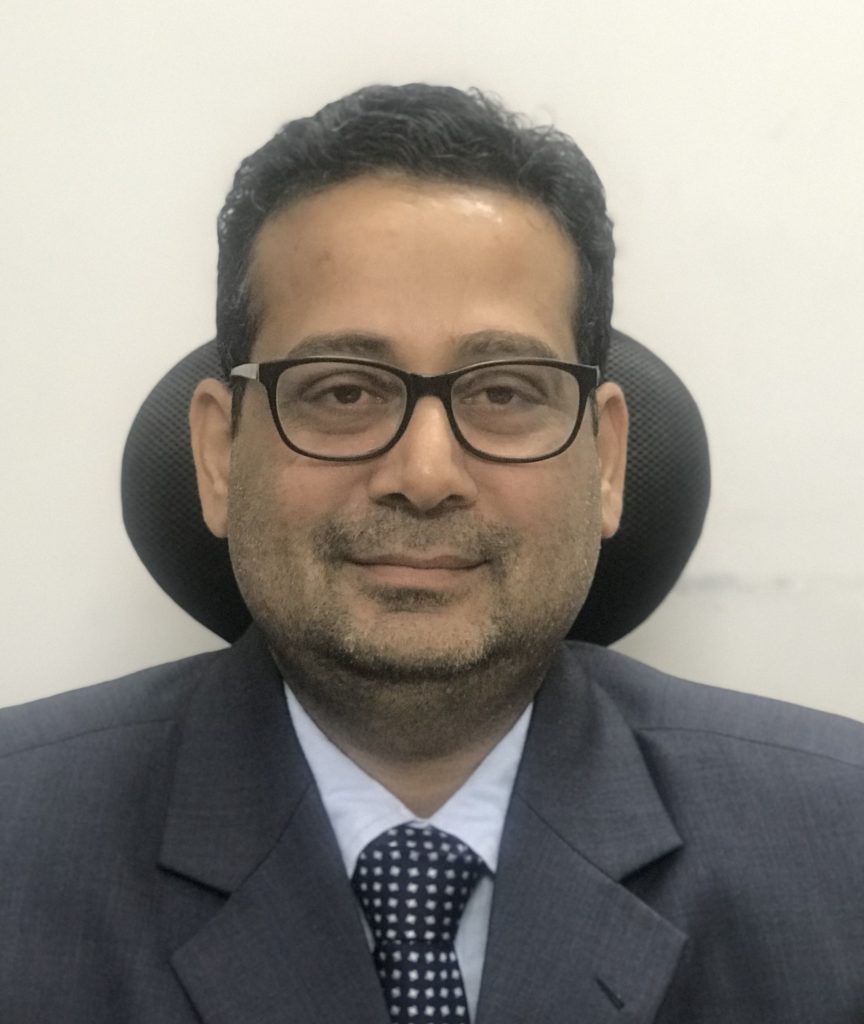
With nearly 18 years of experience in law, what initially drew you to the legal profession? Was there a particular event or experience that influenced your decision to pursue this path?
My father was an Engineer and he was always attracted towards law. While he was posted At Lucknow working as Junior Engineer in Public Works department and completed his law from Lucknow University while in service. He always said that a lawyer is a person who is always wanted by society. After completing my 12th from Boys High School at Allahabad I got admission in I. L.S. Law College Pune, which was one of the best Law Colleges in India in 2000.
During your time working with Senior Advocate Mr. Anurag Khanna, what were some of the key lessons or insights you gained that significantly impacted your approach to law?
My time working with Senior Advocate Mr. Anurag Khanna was very fruitful and a learning experience. The most significant lesson I learned was sincerity, perseverance and honesty. My senior while going through any file of a case would always look for the best legal point available to get the case admitted on first hearing and obtained a favourable order in favour of the client. His approach was to look for the one bullet point in the case that will force the Judge to pass an order in favour of the client.
After gaining valuable experience under the mentorship of a senior advocate, what inspired you to branch out and start your independent practice? What were some of the initial challenges you encountered, and how did you overcome them?
After working for around 8 years under the mentorship of the Senior Advocate I started feeling that 8 years is a sufficient time to get the insights as a junior and I should start my own independent practice. Once I started my own independent practice initially the work load was less as I had few briefs but slowly with sincerity and perseverance I was able to get more briefs. This profession needs a lot of patience and hard work. That it is really tough for first generation lawyers, who have no background in law.
You’ve worked on petitions under Section 391-394 of the Companies Act. Could you share your perspective on the complexities involved in such petitions and some of the challenges you’ve faced? Additionally, in your experience with liquidation matters, what do you consider to be the most common obstacles companies face in these situations?
The provision relating to amalgamation and mergers or restructuring debt was earlier covered under section 391-394 of the Companies Act, which is now being dealt with by National Company Law Tribunal. The most interesting part was the meetings which were to be conducted of shareholders of the companies, wherein 75% voting was required to be in favour of the scheme then only the scheme of merger or amalgamation could get through. The meetings were conducted in some other cities for which we have to travel. I have participated in such meetings in Jaipur, Mathura, Agra as Chairman and alternate Chairman. The Liquidation matters are the most complex and lengthy litigation which goes on for 10-20 years without being concluded. Sometimes the companies which are in liquidation can also be revived if they have a feasible revival plan.
You’ve been involved in land acquisition cases for authorities like NOIDA and handled cases under the Land Acquisition Act. What legal and ethical considerations do you think are crucial in these matters? Could you share an example of a particularly challenging case you’ve worked on?
The land acquisition matters mostly relate to the land of the farmers which are acquired by Noida and other Authorities for different purposes including Plant Industrial Development. The land acquisition cases are very fulfilling for a lawyer as the Advocate has to fight for the farmers’ rights. Recently I am working on a case wherein illegal classification was made by the Noida Authority between farmers themselves for two categories Pustaini and Gair Pustaini meaning ancestral and non ancestral land owners. The classification has been held to be illegal in the case of Ramesh Chandra Sharma by the Hon’ble Supreme Court but in spite of the judgment of the Hon’ble Supreme Court is not giving the benefit to the farmers for which we have filed various petitions on behalf of farmers and hearing is going on since past one month.
Your experience includes dealing with labour disputes under the Provident Fund Act and Industrial Disputes Act. What are the most common labour-related issues companies face today, and how do they typically navigate these challenges?
The Labor Laws in India are welfare statutes tilted in favour of the laborers. That the companies are being burdened with false cases which are being initiated by the laborers against the company. The most common tactics is to work for more than 240 days in a company and thereafter leave the company to get another job at a higher salary in another company and thereafter raise labour disputes and get benefits under various Labour Laws and also demand back wages.
In your role assisting with high-profile criminal cases, such as the Aarushi Talwar case, what are some of the major challenges you’ve encountered in criminal law, particularly with regard to public perception and media coverage?
In the Indian Democratic system, the media nowadays plays a very vital role as far as high-profile cases are concerned. The best part is that judges are not affected by the media coverage. While assisting Senior Advocate Mr. Anurag Khanna in the Aarushi Talwar case for the Central Bureau of Investigation. I had a chance to work for the prosecution. We were opposing the cases filed by Aarushi Talwar’s parents. The Division Bench of Allahabad High Court gave a verdict in favour of the parents of Aarushi Talwar. It was a great learning experience.
As technology continues to play a larger role in the legal field, how do you believe it is impacting corporate litigation and legal practice overall? Looking ahead, what trends do you think will become more prominent in the next five to ten years, especially in corporate law and litigation? How do you keep up with emerging legal trends?
Technology has been playing a very important role in law as one click we can search through lakhs of judgment. Chat GPT and AI will probably become more prominent in the next 5-10 years in corporate law and litigation. Due to technology the judges and lawyers are more updated and are aware of the judgment which is being pronounced every day by different courts throughout India. The technology cannot overtake the legal profession completely and the lawyers, clerks and judges will always be there to take forward the legal system.
Finally, what advice would you offer to young lawyers who aspire to make a lasting impact in their careers, particularly those with an interest in corporate and litigation law?
The young lawyers are the light for tomorrow. I see young lawyers to be very well versed in law and technology but they are lacking patience which is the most important aspect of litigation. I would advise the young lawyer not to take shortcuts and wait till your time arrives till then he should keep working hard.
Get in touch with Syed Fahim Ahmed –
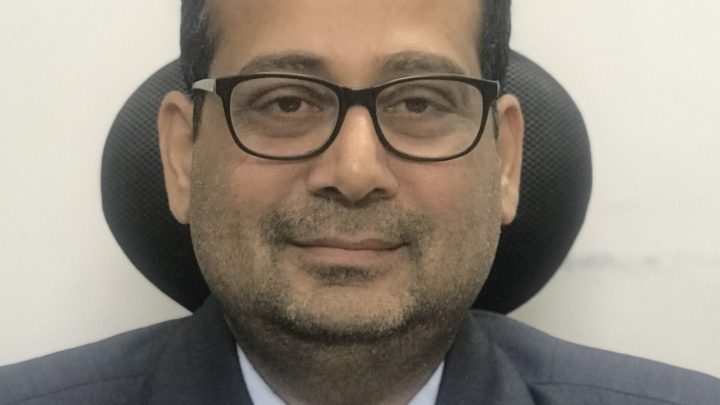
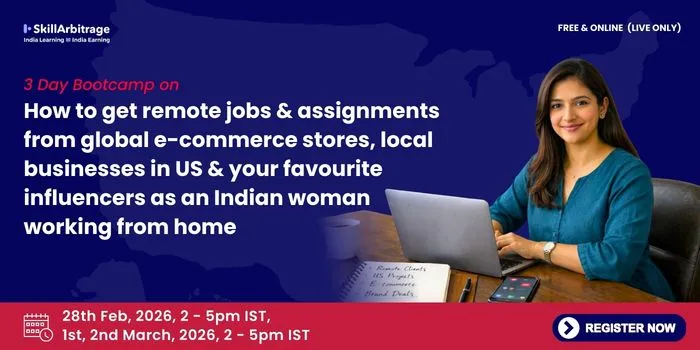
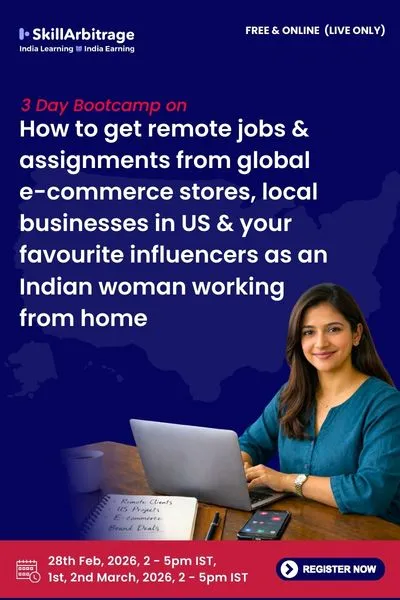

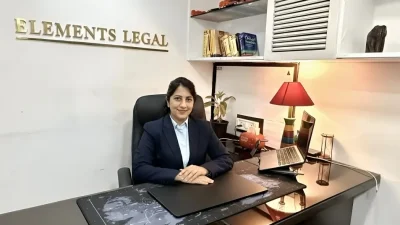


No comments yet
Be the first to share your thoughts about this interview.